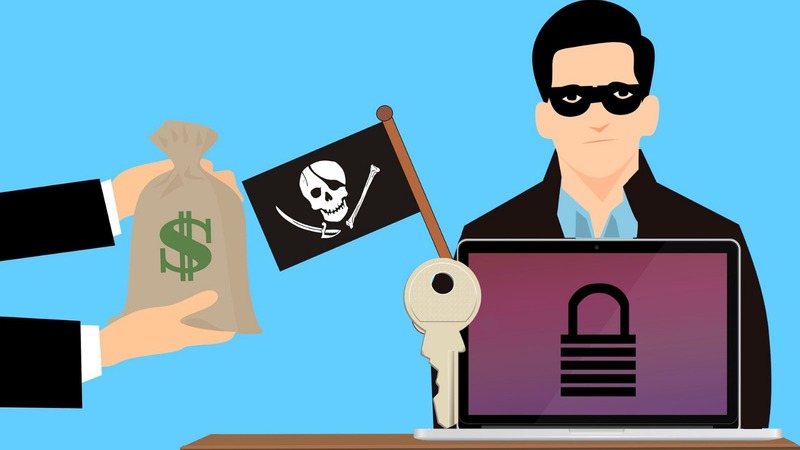Should a business ever pay a ransomware demand?

Should a business ever pay a ransomware demand?
The one word that universally incites fear, concern, stress and sleepless nights across every in a business is commonly known as Ransomware.
What is Ransomware?
Ransomware is a type of malware from cryptovirology that threatens to publish the victim's data or perpetually block access to it unless a ransom is paid.
It started with a trojan called PC Cyborg and has evolved into a multitude of darkweb services examples include Petya, Cerber, Satan RaaS Platform etc.
How is it delivered?
Typically to an unsuspecting user, either through spamming hundreds of thousands of accounts with malicious links to play the numbers game. Or alternatively targeting specific individuals with an intelligence led attack. There are many social sophisticated engineering attacks deployed to get a user to open or click a link.
Should you pay?
- If you pay up, what is to stop it happening again?
- If you don’t pay, will you get your data back? This becomes slightly more desperate if you don’t have recent or an adequate backup of your data.
- If you pay, you make it worth fuel the success of the criminal actions.
- No data, no business. Will the business survive if you don’t?
The various silver bullet products, solutions, policies and system testing can and absolutely go a long way in preventing, securing and backing up your data to make your business as resilient as possible.
The other key is to raise awareness and train the weakest link, aka the users of the systems. An educated user who is aware of the basics of cyber security will make a significant difference.
Thoughts from an expert:
Clive Finlay Head of EMEA Solution Engineering Symantec (A Division of Broadcom)
Companies should never pay the ransomware, for a multitude of reasons, the main one being that you may fuel the criminal organisation to do more; and there is no reason why they will not hit your company again after you pay. Also, bear in mind that in some parts of the world like the US it is a criminal offence to pay the ransom, this is considered funding terrorism. However, we all appreciate what a difficult position a company may be in should their critical data be crypto-locked via ransomware, since there is no way of decrypting without the key due to the industrial strength of the encryption that is typically used today. This is why investment in modern cyber security endpoint protection and system back-ups are critical. Your last line of defence is backing up your data and if there is a weak link here in your current organisational back-up process then don’t delay in putting it right.
Andy Qualtro. Security Professional.
Don’t ever pay.
1) You fund the bad guys
2) There’s no guarantee that someone who was willing to blackmail you in the first place will keep to their side of any deal ... I know what I’d put my money on.
Prevention is the best course of action. Focus on keeping your malware defences up to date and your data backed up.
If you are hit you’ll have a backup, right? A simple restore and a tool such as Power Eraser (available free from Norton) will sort you out.
